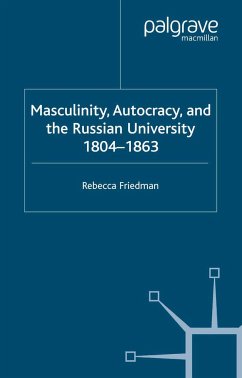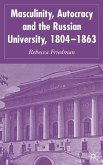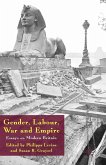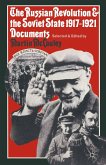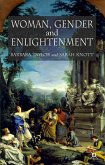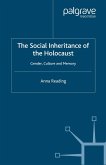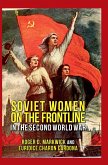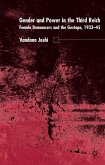This is the first book-length study of masculinity in Imperial Russia. By looking at official and unofficial life at universities across the Russian empire, this project offers a picture of the complex processes through which gender ideologies were forged and negotiated in the Nineteenth Century. Masculinity, Autocracy and the Russian University, 1804-1863 demonstrates how gender was critical to political life in a European monarchy.
'Friedman has done a heroic job of researching those activities for which there is little documentary evidence, such as dueling, courts of honor, and fraternities. Using an impressive array of unpublished and published sources, especially memoirs, she carefully delineates the parameters of these nineteenth-century social practices. Friedman provides us with one of the first analyses of male socialization and masculinity in imperial Russia. Her insights raise important questions about gender dynamics that should inspire others to follow in her footsteps by exploring male as well as female roles in imperial Russia. Thus, anyone interested in learning more about the social contours of Russian history should read her fascinating account.' - Slavic Review
Well-researched, thoughtfully written, and persuasively argued..
This book is a model of how histories of education can integrate new interpretive perspectives into promising revisions of established interpretations.
Although arguments about autocracy are going to be most relevant for Russian historians, the focus on masculinity makes this study insightful for the interdisciplinary fields of men's studies and gender history. For historians of eduaction, this book provides a case-study of how similar structures (the university) and themes (the tension between conformity and confrontation among educated youth) can be productively studied in different contexts and with unique source materials. For those seeking an excellent example of how gender history can bring new insights into both political and educational history, this book has a great deal to offer. History of Education Quarterly
Well-researched, thoughtfully written, and persuasively argued..
This book is a model of how histories of education can integrate new interpretive perspectives into promising revisions of established interpretations.
Although arguments about autocracy are going to be most relevant for Russian historians, the focus on masculinity makes this study insightful for the interdisciplinary fields of men's studies and gender history. For historians of eduaction, this book provides a case-study of how similar structures (the university) and themes (the tension between conformity and confrontation among educated youth) can be productively studied in different contexts and with unique source materials. For those seeking an excellent example of how gender history can bring new insights into both political and educational history, this book has a great deal to offer. History of Education Quarterly

